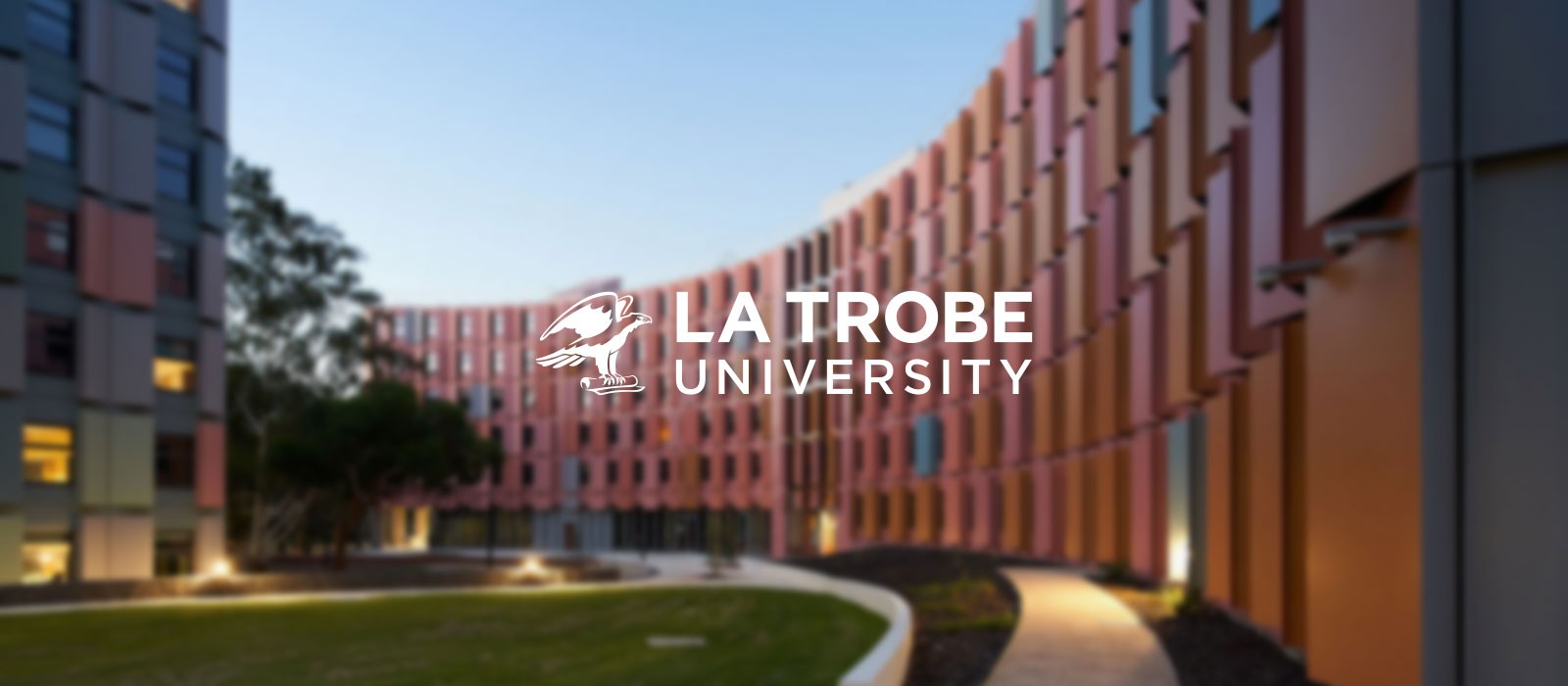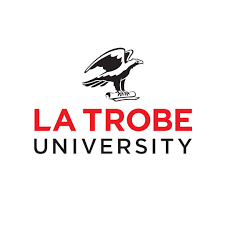
BACHELOR OF INFORMATION TECHNOLOGY


OVERVIEW
Duration
3 YEARS FULL-TIME
3 YEARS FULL-TIME
Scholarship
YES
YES
Fee
A$37 400 PER 120 CREDIT POINTS.
A$37 400 PER 120 CREDIT POINTS.
Intake
SEMESTER 1 (MARCH 2025), SEMESTER 2 (JULY 2025), TERM 6 (NOVEMBER 2025), SUMMER (NOVEMBER 2025)
SEMESTER 1 (MARCH 2025), SEMESTER 2 (JULY 2025), TERM 6 (NOVEMBER 2025), SUMMER (NOVEMBER 2025)
Overview
- About the Bachelor of Information Technology
- Designed to help you build our digital future, La Trobe's Bachelor of Information Technology equips you with skills across programming, networking, databases, systems analysis and design, and project management.
- Along with building a strong set of core IT skills you can choose to major in one of several areas aligned to future industry growth including artificial intelligence, cloud analytics, cybersecurity, network engineering or information systems.
- Broaden your knowledge and capabilities further through a wide range of electives. Combine your core IT skills with business, social sciences, humanities, web engineering, computer technology, security and information systems analysis subjects. Plus you could develop a software program of your own, which you could present at the annual Engineering and IT Showcase to potential employers.
- With industry-based projects and CISCO certification embedded in the course, you'll receive professional mentoring opportunities as you build career ready skills. You'll also gain access to our expert research centres, including the Centre for Technology Infusion and our state-of-the-art Technology Innovation Lab for the Internet of Things – developed in collaboration with Microsoft and CISCO.
- You'll learn:
- Web and software development
- Develop and build websites and software. Administer the front end, back end and server side of websites and IT systems.
- IT systems analysis and design
- Understand and analyse IT systems to deliver more efficient and effective IT solutions for your organisation.
- Design
- Learn about software, system and network design so you can contribute to making better programs and infrastructure.
Inquire Now
ENTRY REQUIREMENT
- International entry requirement
- Nepal: 65%
- Subject prerequisites
- Units 3 and 4: a study score of at least 25 in English (EAL) or at least 20 in English other than EAL.
- English language requirement
- 6.0 IELTS (Academic) with no individual band less than 6.0.
COURSE AND CAREER OUTCOMES
- Bachelor of Information Technology intended learning outcomes
- Apply information technology knowledge and skills, and critical thinking to find practical and innovative solutions for industry problem
- Evaluate the suitability of information technology to develop and implement appropriate solutions
- Work effectively both autonomously and in collaboration with others to complete information technology projects to professional standards
- Apply awareness of the ethical and cultural values to shape the complex professional work of information technology professional
- Apply well-developed skills in information technology to find sustainable solutions across diverse business environments
- Engage diverse audiences to explain and present ideas and build influential relationships.
- Apply standards, methods, tools and applications relevant to a specialist information technology area to make appropriate decisions.
- Bachelor of Information Technology career opportunities
- After you graduate, you could work across almost any sector – including technology, communications, education, finance, government, healthcare and energy.
- Possible roles include:
- Network administrator
- Develop, install and provide maintenance support across network and computer systems including local area networks (LANs), wide area networks (WANs), network segments, intranets and other data communication systems.
- Web developer
- Design, build and maintain websites using both creative and technical skills to continuously improve safety, performance, usability and capacity.
- Network architect
- Plan and build data communication networks to provide both local and global connections. Analyse and implement new technologies and provide solutions to maintain and improve technical infrastructure.
- Software developer or programmer
- Design, test and develop software to meet user needs. Write code for programs and applications that adapt and respond to changing business requirements.
- Machine learning engineer
- Use data science to design and develop machine learning systems that perform statistical analysis and help to drive innovation in artificial intelligence.
FEES AND SCHOLARSHIPS
- Estimated course fees for international students
- Estimated fees per year (2025):
- A$37 400 per 120 credit points.
- Note: 120 credit points represents full-time study for one year.
- International scholarships
- Destination Australia – an Australian Government initiative
- The Destination Australia scheme supports new international students to study in regional Australia and offers students a high-quality learning experience. For eligible applicants, these scholarships are worth up to A$15 000 per annum for up to four years.
Popular Courses
Start your journey with landmark today!
Find your perfect course
Answer a few questions and
our course matcher will do the rest
Head Office
Level 5, IT Plaza
Kamaladi, Kathmandu
Tel: +977 14542781, 9845566225
E-mail: info@landmarkedu.com
Kamaladi, Kathmandu
Tel: +977 14542781, 9845566225
E-mail: info@landmarkedu.com
Sydney office
Suite 1 Level 1,
46 Macquarie Street,
Parramatta, NSW
Tel: +61 415 122 814
46 Macquarie Street,
Parramatta, NSW
Tel: +61 415 122 814
Branch office
Sahidchowk, Chitwan
Tel: 056-590825
Tel: 056-590825
Mahendrachowk, Biratnagar
Tel: 021-590828
Tel: 021-590828
Level 2, Milanchowk, Butwal, Rupandehi
Tel: 977-71-591694
Tel: 977-71-591694
© Landmark Education. All rights reserved.


